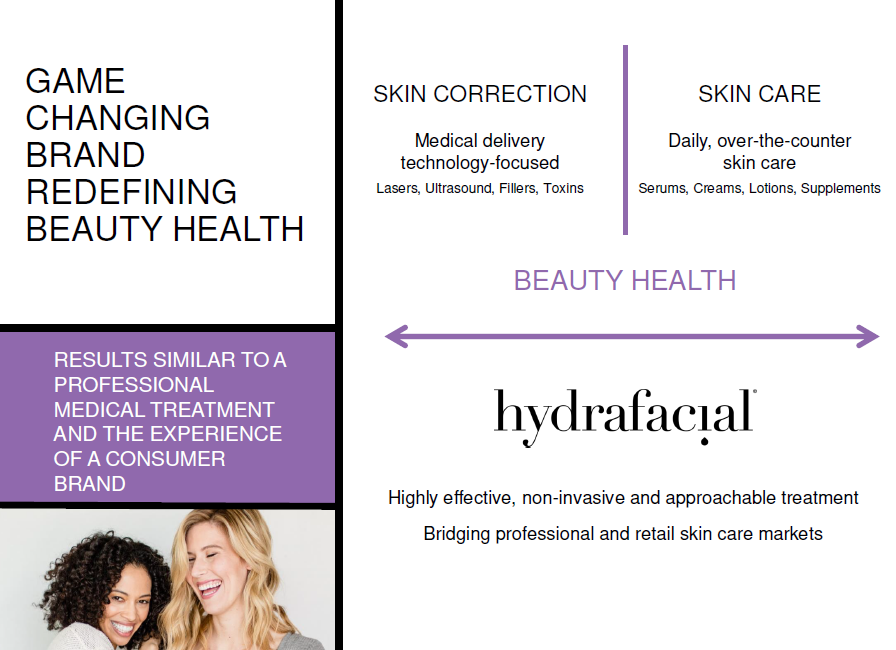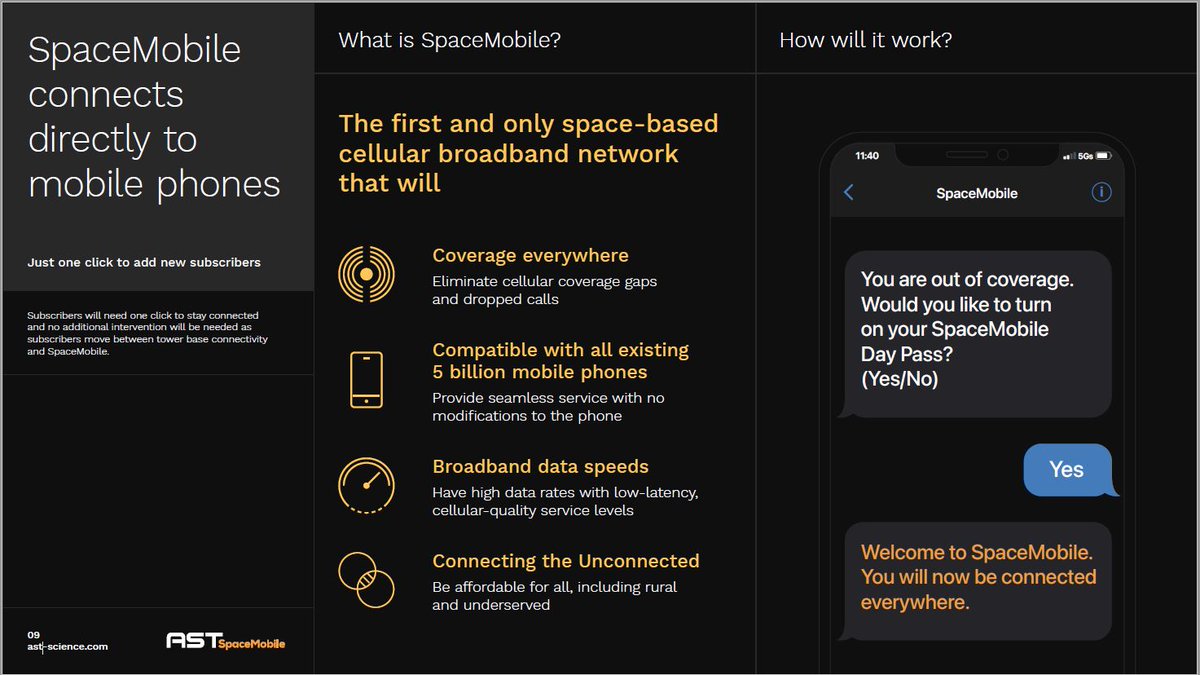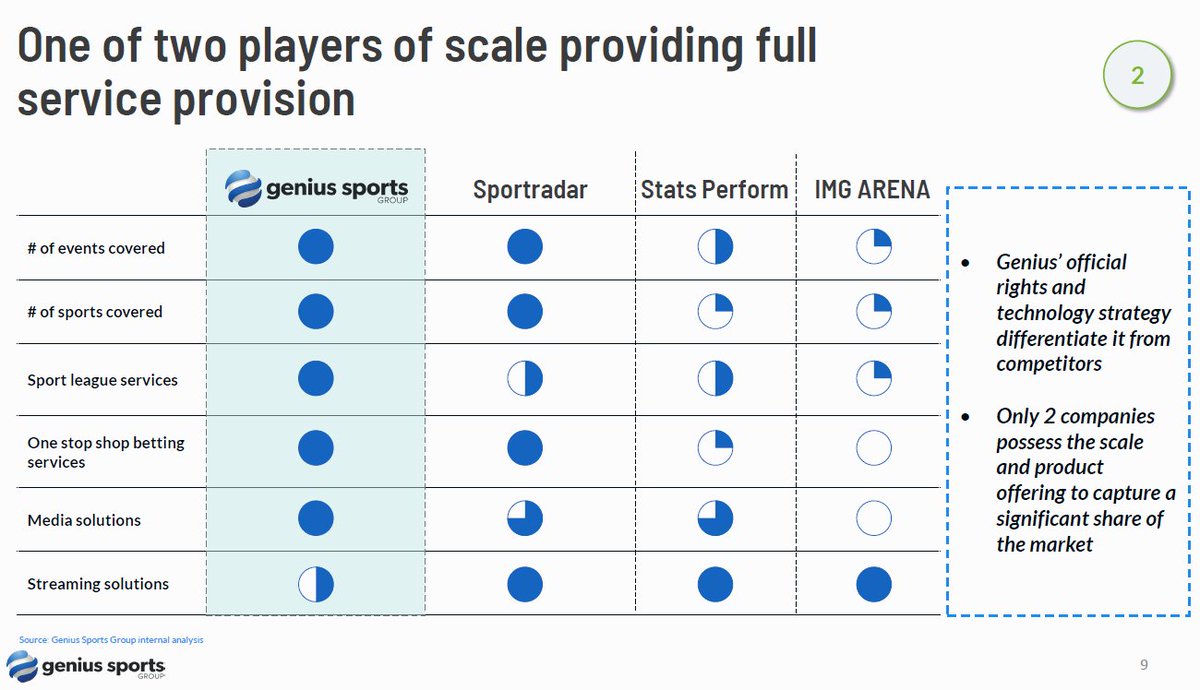
1/ SPAC 101: What the heck is a PIPE and why are these guys good, bad and ugly?
A thread about PIPEs and the important role they play in SPACs
A thread about PIPEs and the important role they play in SPACs
2/ PIPEs are Private Investments in Public Equity. PIPEs were a recent innovation in SPACs that allowed A) sponsors to raise more capital outside of the dilutive sponsor promote, B) provide a buffer to meet deal minimum cash conditions and ...
3/ C) most importantly enable the separation of shareholder vote from redemption feature by addressing the minimum cash condition.
4/ Those last two points TRANSFORMED the SPAC market in that redemption-led vote failures became a thing of the past (a regular occurrence back in the day).
5/ By utilizing PIPEs, sponsors were able to raise enough capital for the target and give SPAC IPO investors the ability to vote for a deal while also redeeming their shares for $10 + interest.
6/ PIPE investors used to consist primarily of capital markets / direct investing / arbitrage desks of hedge funds. The goal of these funds were to make some reasonable return with the lowest possible risk.
7/ These investors may have demanded a discount to the $10 trust price, warrant coverage, convertible security, etc. These guys were not looking to take a fundamental bet on the company but were purely facilitators of capital.
8/ Valuation of course did matter and PIPE investors helped provide a feedback mechanism of what was overvalued (I'M PASSING ON THIS!) and what was reasonable (OK, I'LL TAKE A PIECE OF THIS DOWN).
9/ In earlier years the quality of sponsors and targets was spotty to say the least, however that started to change in 2020 as SPACs started becoming a more mainstream product attracting higher quality sponsors and targets.
10/ As a result of this, the structure and composition of PIPEs started to change. Higher quality, longer-term "sticky" money like Fidelity and Blackrock along with strategic investors started to participate in PIPEs.
11/ PIPE pricing also shifted from discounts/warrants/structured securities towards straight equity of $10 or even at a premium like $CCIV or $RSVA.
12/ Hey these PIPE guys are making a lot of money! Well there is no free lunch for PIPE investors.
13/ While they do benefit from being "brought over the wall" to diligence potential SPAC targets before they are known to the public (a good source of those pesky leaks) and help set the valuation--as we've all seen, deals fall well below $10 after merger close.
14/ Once a PIPE investor makes a commitment to participate in a deal, they are LOCKED and LOADED. That hot EVTOL company they thought would MEME? Well at deal close they have to wire the funds they committed and now they're looking at big losses.
15/ This may be fine for longer term or strategic PIPE investors, but for fast money hedge funds they will move quickly to cut losses. Hedge funds will look to short stock when allowed by the subscription agreement to "box" their long position and limit downside.
16/ When can hedge funds short against long PIPE shares? Check the subscription agreement filed (8-K) at the time of deal announcement.
17/ It'll either explicitly state that PIPE investors can't short stock until deal close (most deals) or won't say anything which means PIPE investors CAN short stock anytime ($DMYD, $IPOE).
18/ There are also hybrid structures out there like $MUDS where PIPE holders can short up to 50% of their holdings prior to deal close if $MUDS is above $15.
19/ Back when SPACs were all working, these hedge funds may have let positions "run" and not hedged their positions. However given the recent market environment they're much more aggressive in locking in profits / mitigating losses.
20/ When a deal closes and nears or breaks $10, perversely it forces the hedge funds to short causing more downward pressure. For the smart investor (such as you), you can take advantage of this technical selling to get into selective situations for cheaply.
21/ THERE IS NO SUCH THING AS LOCK UPS ON PIPES. PIPE investors are only limited in selling their physical shares because they have to be registered via S-1 process. This usually takes 45-60 days post closing. Once the S-1 goes effective, everyone in the PIPE is free to sell.
22/ One silver lining to the hedge funds shorting shares to box their long PIPE position - there won't be any selling pressure from them once the S-1 goes effective because they're already "flat" and will close out their short position by collapsing w/ registered PIPE shares.
23/ Shorting prior to the S-1 going effective is not without risk. Borrow can get really tight leading to increasingly expensive cost and risk of recall. This is why many PIPE investors will seek stable "term borrow" and pay annualized rates of 10-30%.
24/ PIPE investors are not all committed long-term investors, but they play a critical role in the capital raising function and valuation setting for SPACs. While it may not seem like they are on your side, they are more aligned with you than the sponsors.
25/ PIPE investor's role as a price discovery mechanism is part of the reason we are seeing a trickle of deals now... bring us some cheaper tendies please!
• • •
Missing some Tweet in this thread? You can try to
force a refresh










